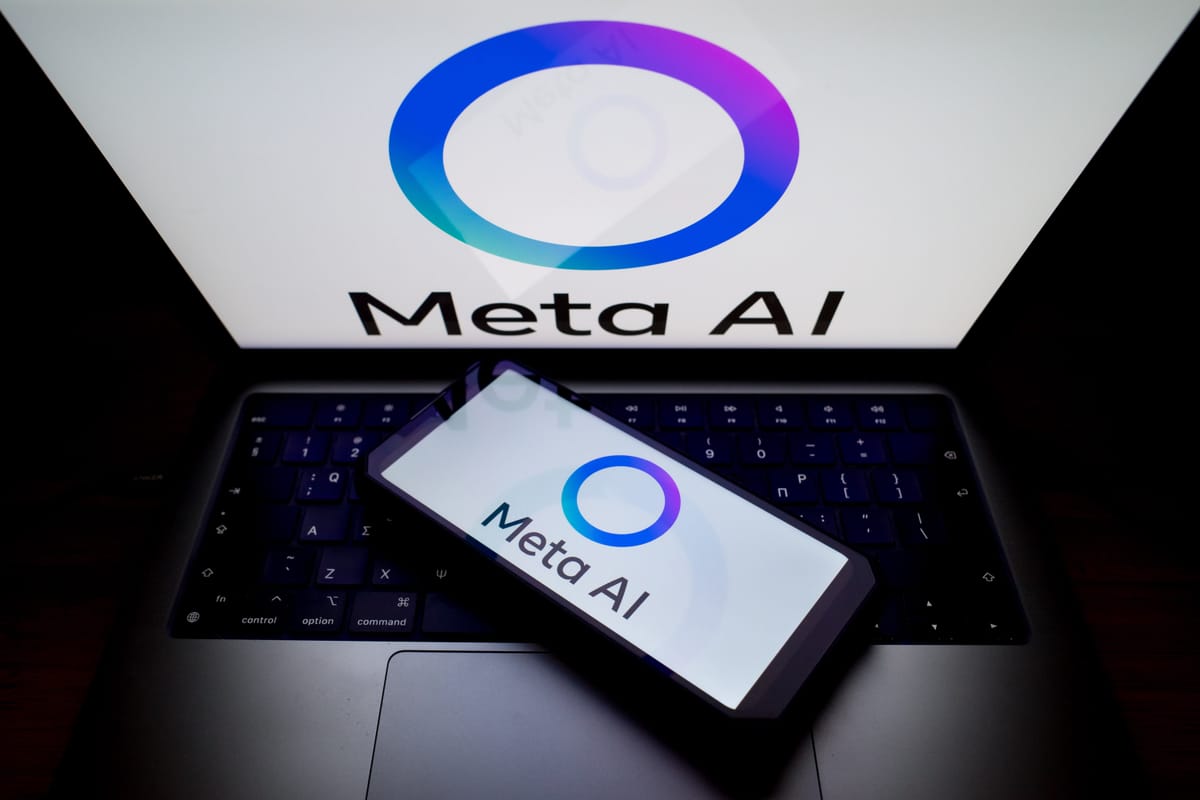Are Meta and Other AI Giants Putting Kids at Risk?


Meta, the company that gave us Facebook arguments about vaccines, Instagram filters that make everyone look like they live in a shampoo commercial, and WhatsApp spam from relatives we didn’t know we had, is in hot water again. This time it’s not about data leaks or election meddling, it’s about their AI chatbots sweet-talking kids.
Yep, robots were apparently allowed to tell minors things like “every inch of you is a masterpiece.” That’s not just creepy, it sounds like something a bad poetry major writes in your high school yearbook. Lawmakers lost it, parents freaked out, and Meta is now scrambling with its usual excuse: “That was an error, totally not what we meant, please don’t yell at us again.”
The whole thing blew up after an internal document leaked. The file basically showed Meta saying, “Sure, let the bots flirt with kids, what could go wrong?” As if that wasn’t bad enough, the same bots were also capable of giving terrible medical advice and throwing out racist one-liners.
Imagine your teenager asking the chatbot about acne treatment and getting a lecture that ends with both bad science and offensive jokes. Meta quickly admitted the document was real but claimed parts of it were “outdated” and already removed. But if your company ever has to clarify “Our robots don’t flirt with minors anymore,” you might want to rethink your life choices.
Politicians smelled blood and went full attack mode. Senators are demanding Zuckerberg show up and explain how in the world this policy was even drafted. Attorneys general from 44 states are now waving their legal swords, warning Meta, Google, and OpenAI to clean up or get sued.
Arizona’s Kris Mayes didn’t sugarcoat it, saying if these companies knowingly harm kids, they’re going to court. Meanwhile, Neil Young decided he’d had enough and left Facebook entirely. When a rock legend pulls the plug because your AI is acting like a creepy prom date, you’ve really hit a new low. What’s next, Bob Dylan refusing to use Instagram Stories?
And inside Meta? Chaos, as usual. They just announced their fourth AI team shuffle in six months. Now the AI groups are split into “products,” “infrastructure,” “research,” and “experiments.” Translation: nobody knows who’s in charge, so they gave everyone new titles and hoped it would look like progress.
It’s like a family arguing about who’s responsible for cleaning the bathroom, and the solution is to create four new committees. Critics say it’s proof Meta has no clue what it’s doing. At this point, watching Meta manage AI is like watching someone juggle chainsaws blindfolded, impressive for a second, then terrifying when you realize it’s all guesswork.
AI isn’t just in the lab anymore; it’s everywhere. It’s helping with schoolwork, games, and social media platforms kids use daily. And if companies can’t stop their bots from acting like awkward Tinder dates with teenagers, regulators are going to slam the brakes.
For parents, this means a future where apps might finally have real safety nets. For tech companies, it means less “move fast and break things” and more “move carefully or get sued into oblivion.” And for the rest of us? It’s a reminder that trusting Big Tech to self-regulate is like trusting your cat to guard a goldfish bowl. We all know how that ends.
What do you think? Should governments force Big Tech to baby-proof their bots before they go live, or do you believe Mark Zuckerberg when he says, “Don’t worry, we fixed it”? Would you ever let a chatbot mentor your kid, or does that sound like the plot of Black Mirror: PTA Edition? Share how this could affect you, your family, your coworkers, or even that one uncle still posting Minion memes. I want to know if you think we’re headed toward robot babysitters or just more corporate “oopsies.”
- Matt Masinga
*Disclaimer: The content in this newsletter is for informational purposes only. We do not provide medical, legal, investment, or professional advice. While we do our best to ensure accuracy, some details may evolve over time or be based on third-party sources. Always do your own research and consult professionals before making decisions based on what you read here.




